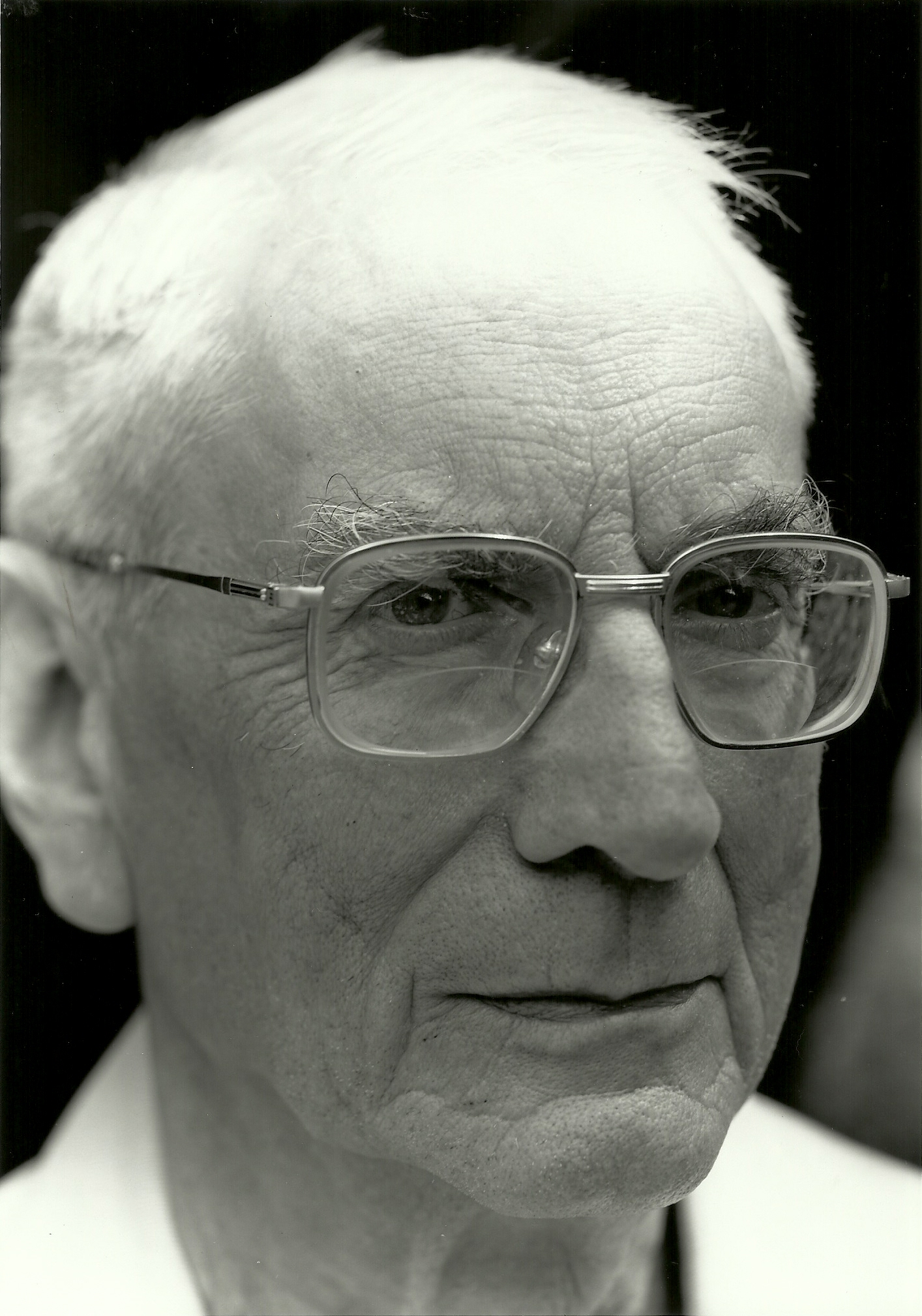trans. Michael Chase (1995), p. 91
La Philosophie comme manière de vivre (2001)
Contesto: Only he who is capable of a genuine encounter with the other is capable of an authentic encounter with himself, and the converse is equally true…From this perspective, every spiritual exercise is a dialogue, insofar as it is an exercise of authentic presence, to oneself and to others.
Pierre Hadot: Frasi in inglese
Incommensurables donc, mais aussi inséparables. Pas de discours qui mérite d’être appelé philosophique, s’il est séparé de la vie philosophique, pas de vie philosophique, si elle n’est étroitement liée au discours philosophique. C’est là d’ailleurs que réside le danger inhérent à la vie philosophique: l’ambiguïté du discours philosophique.
Qu'est-ce que la philosophie antique? (1995)
trans. Michael Chase (1995), p. 252
La Philosophie comme manière de vivre (2001)
Si ces expériences sont rares, elles n’en donnent pas moins sa tonalité fondamentale au mode de vie plotinien, puisque celui-ci nous apparaît maintenant comme l’attente du surgissement imprévisible de ces moments privilégiés qui donnent tout leur sens à la vie.
Qu'est-ce que la philosophie antique? (1995)
Ce sont les contresens et les incompréhensions qui, très souvent, ont provoqué une évolution importante dans l’histoire de la philosophie, et qui, notamment, ont fait apparaître des notions nouvelles.
Études de philosophie ancienne (1998)
...replacer, autant que possible, les œuvres dans les conditions concrètes où elles ont été écrites, conditions spirituelles d’une part, c’est-à-dire tradition philosophique, rhétorique ou poétique, conditions matérielles d’autre part, c’est-à-dire milieu scolaire et social, contraintes venues du support matériel de l’écriture, circonstances historiques. Toute œuvre doit être replacée dans la praxis dont elle émane.
La Philosophie comme manière de vivre (2001)
trans. Michael Chase (1995), p. 107
La Philosophie comme manière de vivre (2001)
Il faut se défaire de la partialité du moi individuel et passionné pour se hausser à l’universalité du moi rationnel.
La Philosophie comme manière de vivre (2001)
trans. Michael Chase (1995), p. 107
La Philosophie comme manière de vivre (2001)
trans. Michael Chase (1995), p. 264
La Philosophie comme manière de vivre (2001)
trans. Michael Chase (1995), p. 156
La Philosophie comme manière de vivre (2001)
trans. Michael Chase, p. 157
La Philosophie comme manière de vivre (2001)
trans. Michael Chase, p. 272
La Philosophie comme manière de vivre (2001)
trans. Michael Chase, p. 271
La Philosophie comme manière de vivre (2001)
Les progrès scientifiques ont amené les philosophes à détourner leur attention de l’explication des phénomènes physiques, abandonnée désormais à la science, pour la diriger vers le problème de l’être lui-même.
La voile d'Isis: Essai sur l'histoire de l'idée de Nature (2004)
trans. Michael Chase, p. 272
La Philosophie comme manière de vivre (2001)
trans. Michael Chase (1995), p. 90
La Philosophie comme manière de vivre (2001)
trans. Michael Chase (1995), p. 153
La Philosophie comme manière de vivre (2001)
trans. Michael Chase (1995), p. 269
La Philosophie comme manière de vivre (2001)
Celui qui étudie un texte ou des microbes ou les étoiles doit se défaire de sa subjectivité... c'est là un idéal qu'il faut essayer de rejoindre par une certaine pratique. Disons que l'objectivité est une vertu, d'ailleurs très diffice à pratiquer.
La Philosophie comme manière de vivre (2001)
À mes yeux, c’est seulement l’ascèse de la rigueur scientifique, ce détachement de soi qu’exige un jugement objectif et impartial, qui pourra nous donner le droit de nous impliquer nous-mêmes dans l’histoire, de lui donner un sens existentiel.
Preface to Nietzsche : Essai de mythologie (1990) by E. Bertram, p. 34
Theology became conscious of its autonomy qua supreme science, which philosophy was emptied of its spiritual exercises, which, from now on, were relegated to Christian mysticism and ethics. Reduced to the rank of a “handmaid of theology,” philosophy’s role was henceforth to furnish theology with conceptual—and hence purely theoretical—material. When, in the modern age, philosophy regained its autonomy, it still retained many features inherited from this medieval conception. In particular, it maintained its purely theoretical character, which even evolved in the direction of a more and more thorough systemization. Not until Nietzsche, Bergson, and existentialism does philosophy consciously return to being a concrete attitude, a way of life and of seeing the world.
trans. Michael Chase (1995), p. 107
La Philosophie comme manière de vivre (2001)
